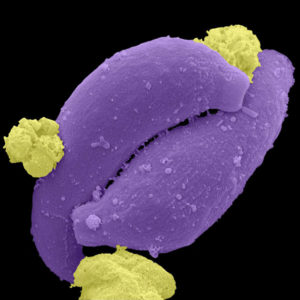Malaria Experimental Genetics
12–18 May 2019
Wellcome Genome Campus, UK
Learn the latest experimental approaches for generating genetic mutations in human malaria parasites.
Summary
This laboratory-based Advanced Course will give participants a working knowledge of, and practical experience in, cutting-edge Plasmodium experimental genetics techniques, from designing gene targeting vectors and creating transgenic parasites to genotyping and phenotyping the resulting strains.
The goal is to benefit the participants’ own research careers by exposing them to state-of-the-art experimental methods, while discussing the advantages and limitations of each approach. The course is targeted to early-career stage malaria scientists who are looking to establish and use Plasmodium transfection technology at their host institutes.
The week-long residential programme will cover experimental approaches to generating genetic mutations in the human malaria parasites Plasmodium falciparum and Plasmodium knowlesi. The course is hands-on and attendees will learn how to generate gene targeting constructs with a particular focus on CRISPR-Cas9 experimental design. Participants will also perform different transfection approaches, undertake practical exercises in genotyping of modified parasites, and both observe and learn advanced molecular phenotyping approaches including drug response assays and flow cytometry. Experimental genetic approaches in other malaria parasites including the rodent malaria model Plasmodium berghei will also be discussed.
The laboratory-based programme will be complemented by specific lectures in cutting-edge areas presented by a panel of distinguished guest speakers.
Programme
The overall programme strategy will be to follow a Plasmodium experimental genetics experiment from conception to completion, allowing attendees to design and carry out their own projects in the future. Topics to be covered will include:
Gene targeting vector construction
- CRISPR-Cas9-based approaches
- Consideration of the relative merits of different conditional expression approaches
Transfection and genotyping
- Mechanics of transfection in P. falciparum and P. knowlesi
- Verification of gene targeting using multiple genotyping techniques
Molecular phenotyping
- Drug-response assays of genome edited parasites
- Application of Next Generation Sequencing to transcriptional profiling and quantitating parasite growth
- Flow cytometry-based phenotyping platforms
Learning outcomes
After attending this course, participants will be able to:
- design CRISPR-Cas9 gene targeting constructs to engineer single point mutations and gene disruptions.
- plan and execute P. falciparum and P. knowlesi transfection experiments, and genotype the resulting transfection progeny
- evaluate the strengths and limitations of different reverse genetic techniques, including conditional gene technologies.
- appreciate the range of phenotypic assays available for malaria experimental genetics
Instructors and speakers
Course instructors
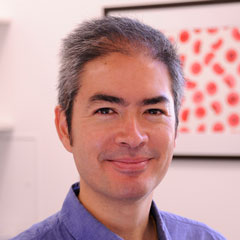
Marcus Lee
Wellcome Sanger Institute, UK
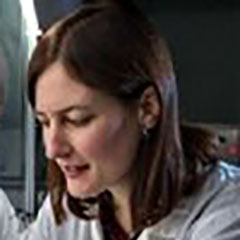
Catherine Merrick
University of Cambridge, UK
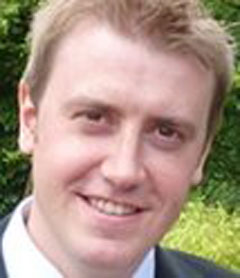
Rob Moon
London School of Hygiene & Tropical Medicine, UK
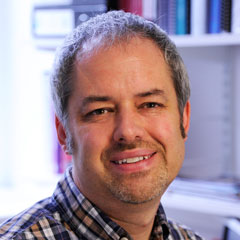
Julian Rayner
Wellcome Sanger Institute, UK
Guest speakers
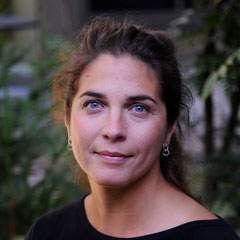
Mara Lawniczak
Wellcome Sanger Institute, UK
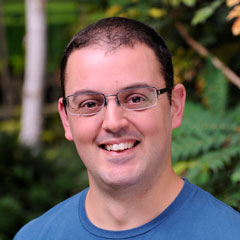
Roberto Amato
Wellcome Sanger Institute, UK
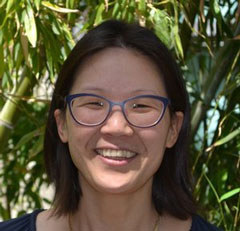
Ellen Yeh
Stanford University, USA
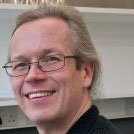
Andrew Bassett
Wellcome Sanger Institute, UK
How to apply
Prerequisites
Applicants should be postdoctoral scientists, PhD students or clinician scientists/healthcare professionals engaged in, or soon to commence, relevant research.
How to Apply
Please complete the online application form. Places are limited and will be awarded on merit. If you have any problems with the online application process, please contact us.
Please note: Applications must be supported by a recommendation from a scientific or clinical sponsor (e.g. supervisor, line manager or head of department). A request for a supporting statement will be sent to your nominated sponsor automatically during the application process. Applicants must ensure that their sponsor provides this supporting statement by the application deadline. Applications without a supporting statement cannot be considered.
Travel visas
Successful applicants will be provided with a support letter for their visa application, if required.
Please visit the following websites for further information on visiting the UK:
Cost
| Cost | Accommodation / meals | |
| *Course fee | £900 | This is a residential course and the fee includes all accommodation and meals. |
*The course fee is subsidised by Wellcome Genome Campus Advanced Courses and Scientific Conferences and applies to non-commercial applicants. Please contact us for the commercial fee.
Bursaries
Limited bursaries are available (up to 50% reduction on the course fee) and are awarded on merit. If you would like to apply for a bursary, please complete the bursary section of the online application form.
Where there are many bursary applications, the selection committee may issue smaller amounts.
Bursaries can be applied for as part of the course application form. Applicants will be notified of a bursary award along with their place on the course, usually within one month of the application deadline. The decision of the selection committee is final.
Please note that both the applicant and sponsor are required to provide a justification for the bursary as part of the application.
Additional funding opportunities
Visit our support page for additional financial support currently available.
Accommodation services phishing scam – please be vigilant. More information.
Testimonials
Feedback from previous courses:
“I have learnt so much in theory and practical. I thought the organisers did excellently well putting the course content together. I highly recommend the Malaria Experimental Genetics Course for training and re-training of Scientist in malaria research.”
“Thank you so much for all of the effort and planning you poured into making the course a rousing success. I felt priviliged to be able to attend and that I gained relevant, expert knowledge by being there.”
“I felt that this course was excellently organised and covered a range of practical and theoretical topics which I am sure will aid my future research. I would particularly like to thank the course organisers and instructors for being so open and generous and making this course such a positive experience.”
“Thank you for organizing such a useful course and especially to all the instructors and assistants for taking time out from their busy schedules to mentor us.”
“This course was incredibly useful and I am grateful for this opportunity. My sincere thanks to all the organizers, course instructors and assistants who made this a possibility.”
“Thank you for the absolutely fantastic course. I gained so much. What a great chance for young researchers to meet and talk to the top researchers in the field.”
“This was an excellent course which will benefit me today and the future. I am very grateful for this opportunity.”
